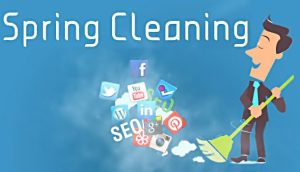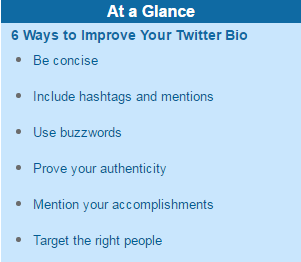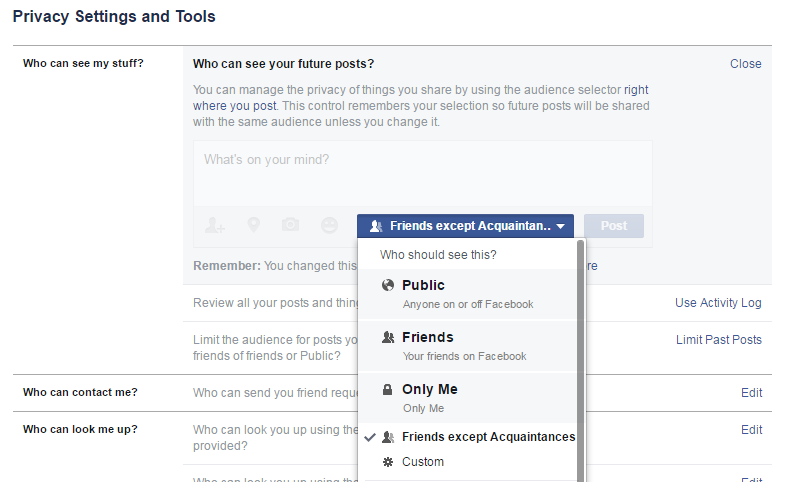By: Becky Smith
Sometimes a painful moment arises in an interview: My pulse is racing, my palms are sweaty, and my grasp on my vocabulary is slipping. Now you want me to talk about my greatest weakness? Really?
Why do hiring managers ask about weaknesses, anyway?
Employers want to know what strengths you can contribute, and what you could do better.
Prior to the interview, hiring managers have only read about you. The interview is their chance to meet you and evaluate what you could provide in the role for which you are interviewing. Your skills, interests and experience are part of the picture, but they also want to know what you are working on improving or learning.
They want to know how you perceive and overcome challenges. It’s a way to get to know you as a person!
Experienced recruiters and managers know that work is called work because it can be challenging!
You interviewers are not toying with you. They are not trying to trick you. They want you to talk about your greatest weakness because it gives them an opportunity to observe a few things about you: how you perceive challenges, how you problem solve, and your capacity to learn from your mistakes.
So…. Don’t just choose any weakness. Be prepared with an example that demonstrates growth.
Weaknesses don’t just go away. They may stick around forever. But we can develop strategies to overcome them so that they diminish little by little!
What is a weakness that you possess, that you can manage now, and that used to pose a much more significant barrier to your success? Use it to craft a story that is one part honesty, and one part success!
What is a weakness that embarrasses you or that you would have a hard time expressing positively? Do NOT share this one. (All are uncomfortable to a certain extent but some are things we really don’t want to talk about!)
How: Name the weakness. Briefly describe how it affects your performance at work or at school in the present. Briefly describe how it was in the past — either at jobs or in your school work — and tell your interviewer what you do to manage your weakness.
For example:
[Name the weakness and how it affects you in the present] I am shy when I need to speak in public or when I am meeting new people. I have worked on this shyness at Wentworth, where I have done group projects every semester with my classmates and we have presented our results in front of classrooms.
[The past] A couple of years ago I was so shy that I didn’t ask any questions or share ideas, and I tried to completely avoid attention. This made it difficult for me to work on group projects at school because I had a hard time expressing my ideas and sometimes I would be slow to communicate about important updates or changes that my group needed to be aware of.
[What you have learned/your strategies] I really just needed practice. Now when I feel stopped by my shyness, I remind myself how important it is to keep communicating so the work can move forward. That motivates me. I have also learned that it is helpful to prepare in advance for public speaking.
Disclosing a weakness will never be 100% comfortable. But prepare for it. You will impress yourself and others.
Knowing your weakness makes you a stronger team member and your ability to express it is a strength that will make you stand out as an especially self-aware job candidate. By talking articulately about a weakness, you will provide a glimpse of who you really are as a human being – and hiring managers make time to meet with you because they want this glimpse! Work with your Co-op Advisor for help getting started or to get feedback on a weakness you are preparing to discuss.
 CO-OPS + CAREERS at Wentworth since September 2014. I joined Wentworth knowing that I wanted to work with students who know what type of career they aspire to having and are dedicated to getting it. I always thought I would end up at a business school, such as Bentley or Babson, and I am thrilled to be at a technology school as college graduates of STEM programs are distinctive and highly desired by organizations.
CO-OPS + CAREERS at Wentworth since September 2014. I joined Wentworth knowing that I wanted to work with students who know what type of career they aspire to having and are dedicated to getting it. I always thought I would end up at a business school, such as Bentley or Babson, and I am thrilled to be at a technology school as college graduates of STEM programs are distinctive and highly desired by organizations. By: Ria Kalinowski
By: Ria Kalinowski
